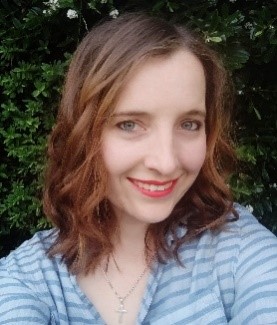Join us for a talk on viticulture research by Dr Chandré Honeth, preceded and followed by drinks, nibbles, mixing and mingling; a perfect way to celebrate the end of the year.
Dr Chandré Honeth: Viticulture and Wine Science Lecturer, EIT
Date: Tuesday, 2 December
Time: 5.30pm, lecture starting at about 6.15pm
Venue: Women’s Rest, 5 Clive Square East, Napier
Ticket required: please register on Eventfinda
Characterising Albariño as a Potential Cool-Climate White Variety in New Zealand

Albariño — known for its drought and disease tolerance — shows strong promise for grape-growing regions facing increasing temperatures and unpredictable rainfall. Its flavour and aroma profile can vary significantly depending on vine exposure to sunlight or shade.

This research evaluated Albariño’s performance under New Zealand conditions, with a focus on how leaf-removal practices influenced grape and wine composition. The findings contribute to a growing body of knowledge that will assist growers who may consider Albariño cultivation in the future.
Dr Chandré Honeth received her PhD from the University of Stellenbosch (South Africa), where she investigated the influence of UVB radiation on berry metabolites in Sauvignon Blanc. She is currently a lecturer and researcher in Viticulture at Eastern Institute of Technology.

